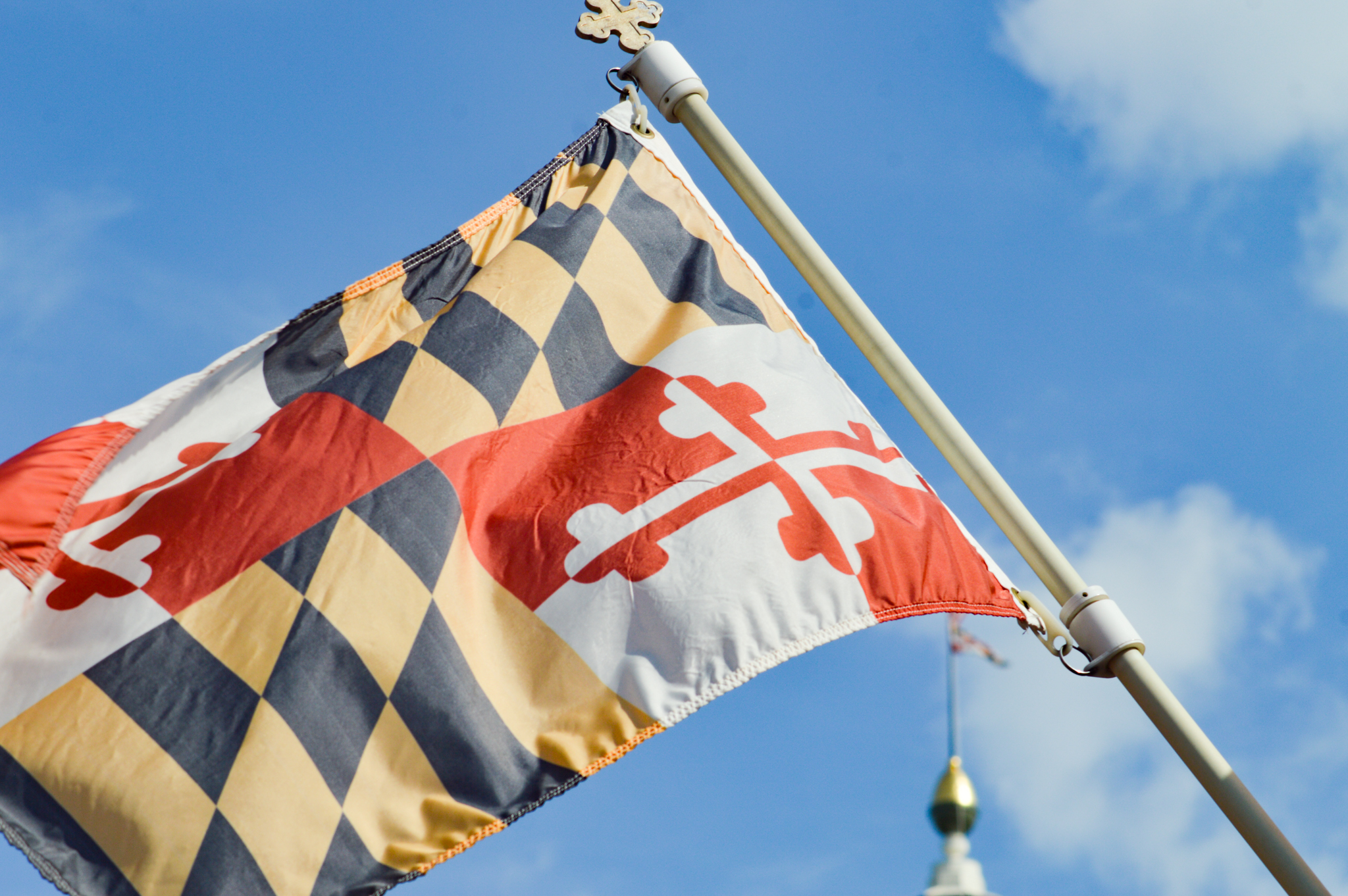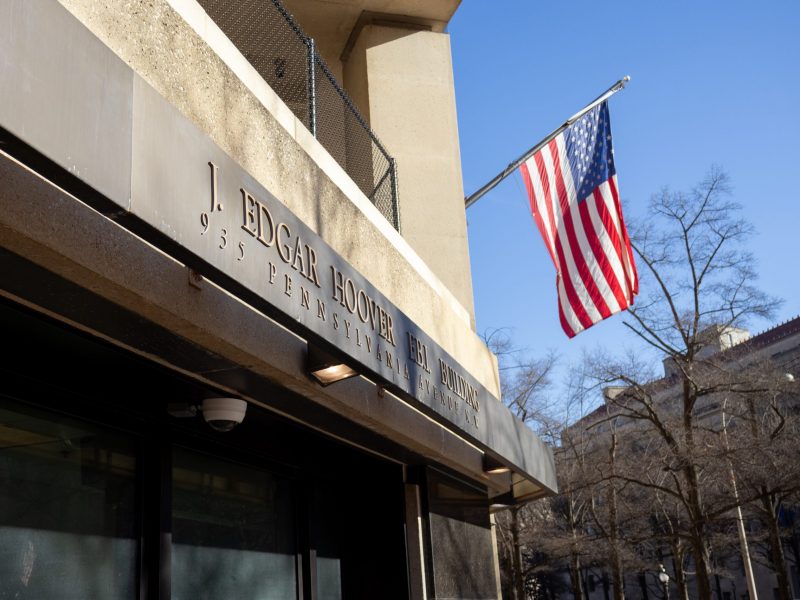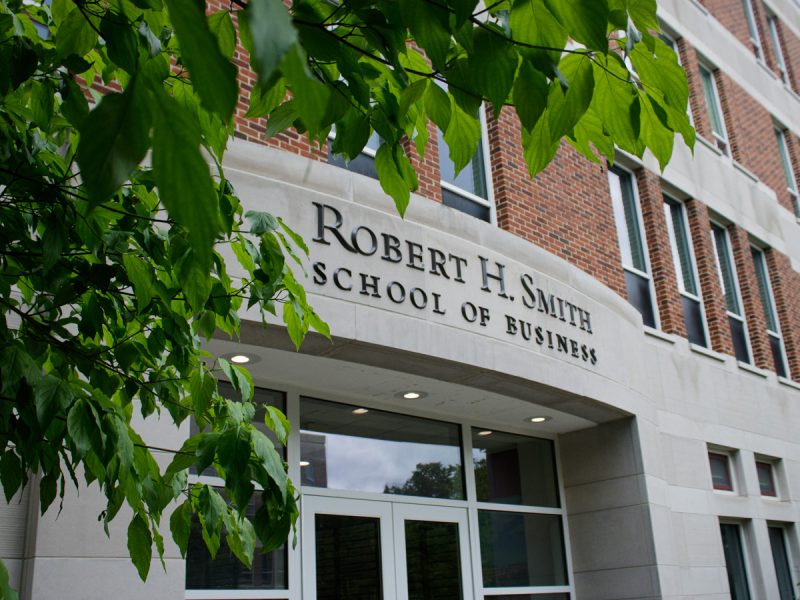Maryland Gov. Wes Moore outlined his plan to overcome financial challenges and threats from the federal government in his State of the State address Wednesday.
Moore, who is halfway through his term and seeking reelection next year, spoke to state senators and delegates about his three pillars for Maryland’s success — investing in future industries, reforming the tax system and directly investing in Marylanders.
Throughout his speech, Moore warned of the “two storms” facing Maryland: the state’s $3 billion deficit entering fiscal year 2026 and the actions of President Donald Trump’s administration.
“At a time when our nation needs clarity, we confront chaos. At a time when our nation needs vision, we confront hysteria,” Moore said. “These trials that we now face — both those that are inherited and those that are newly realized — mean that easy decisions are done. They are off the table.”
Moore emphasized the need for Maryland to close its budget gap by growing the middle class, diversifying its economy, strengthening its workforce and breaking the state’s “distinct reliance” federally.
Moore aims to reduce Maryland’s budget deficit by focusing on increasing the state’s economic competitiveness. His proposed fiscal year 2026 budget prioritizes this growth, he said. Investing in three major sectors — information technology, aerospace and defense and life sciences — is a top priority for Moore.
“I want Maryland to be the capital of quantum, and AI, and clean energy, and biotech,” Moore told state legislators. “I want to make sure that all the sectors that will define the economies of tomorrow will be housed right here in the state of Maryland.”
[Maryland lawmakers outline 2025 legislative agenda as $3 billion deficit looms]
Moore also criticized the Trump administration shutting down federal departments, starting trade wars, freezing funding and laying off thousands of federal workers. These actions hurt the middle class, which is already struggling with inflation, Moore emphasized.
Nonetheless, Moore said he hopes for a good relationship between Maryland and the federal government.
“I hope that we can work together to make progress for the state of Maryland,” Moore said. “But if the policy decisions of these past few weeks are any preview, I fear that our most charitable expectations will be met with harsh realities.”
Moore went on to highlight key achievements of his administration over the past two years, including adding nearly 100,000 jobs, connecting more than 100,000 Marylanders to broadband internet, expanding childcare for 16,000 more children, raising the minimum wage and reducing unemployment.
Moore also discussed housing affordability, education and workforce development throughout his speech. The governor called for increased funding for K-12 schools, particularly to address teacher shortages and proposed launching a national campaign to recruit top educators from around the country.
He stressed the importance of supporting men and boys in the state through initiatives to address their high suicide rates and lower workforce participation.
[USM could cut 400 jobs as state grapples with $3 billion deficit]
Toward the end of his address, Moore reaffirmed his promise to “leave no one behind” and told lawmakers that the state must “answer this crisis with courage.”
“Many Marylanders are scared,” Moore said. “They’re trying to figure out where things are and how things are going for them and their families. They’re looking to us to provide the solutions, to know they’re going to be OK.”
House of Delegates Minority Leader Del. Jason Buckel (R-Allegany) presented the Republican perspective on the State of the State.
Buckel began by saying that Maryland is at a “crossroads,” with the budget deficit and projected financial shortfalls in the coming years.
Buckel blamed the Democratic-led General Assembly for the deficit and argued that the Democratic supermajority prioritizes policies that “punish” Maryland consumers, taxpayers and businesses. The assembly participated in “virtually unchecked spending increases” without any evidence that the spending produced better results, he said.
The Republican also criticized the governor’s proposed budget.
“When it comes to taxation, Governor Moore’s budget merely gives with one hand while taking with the other, and he is taking far more than he gives,” he said.
Del. Joseline Peña-Melnyk (D-Anne Arundel and Prince George’s) told The Diamondback that she appreciated Moore’s emphasis on inclusivity and the need for state action to protect vulnerable communities.
“He wants to invest in people and believes in second chances,” Peña-Melnyk said. “History teaches us that waiting on Washington is not enough … We must take action here at home to ensure that the people I represent, that he represents, regardless of their background, feel valued, protected, feel safe.”



